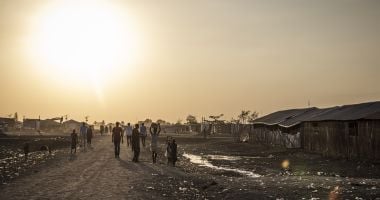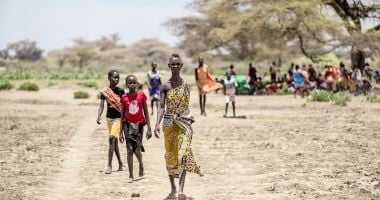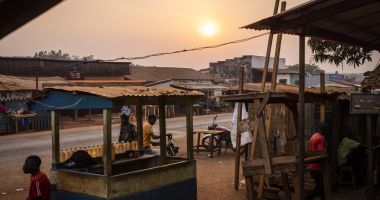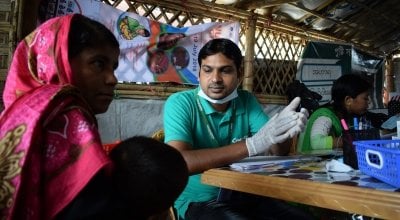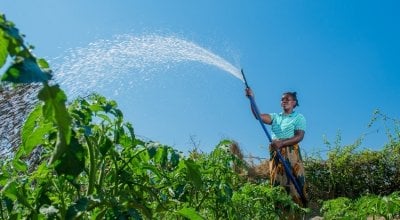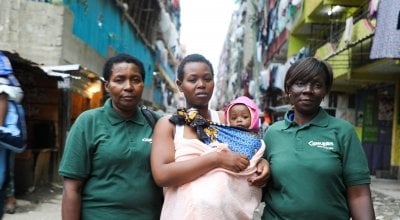
Read our 2023 annual report

Knowledge Hub
Why are we in the Central African Republic? For more than a decade, the Central African Republic has faced bouts of sectarian violence that have displaced approximately 1 in 4 civilians, left nearly half the population in need of humanitarian assistance, and placed roughly one-third of Central Africans in an ongoing hunger crisis.
The Central African Republic is consistently one of the world’s hungriest countries
After several waves of conflict in the past two decades and the latest conflict losing intensity after 2021, the Central African Republic has still not been able to enjoy the dividends of peace. Ongoing fighting between government and non-government forces leaves 46% of residents so vulnerable that “humanitarian assistance alone will not be sufficient for their well-being,” according to the United Nations Office for Coordination of Humanitarian Affairs. Nearly 70% of the country’s population lives below the international poverty line.
One of the greatest impacts of this crisis in CAR has been on hunger levels. The 2023 Global Hunger Index placed the country as the world’s “hungriest,” ranking it last out of 125 countries. The Integrated Food Security Phase Classification (IPC)’s outlook for the beginning of 2024 indicates that approximately 2 million Central Africans (33% of the population) will be at either crisis or emergency levels of food insecurity.
Concern is addressing these needs in CAR with programmes centred on food security, health and nutrition, and other key conflict-driven needs including water, sanitation, and hygiene (WASH) and gender equality.
Latest achievements
Water, sanitation, and hygiene (WASH)
In partnership with the Direction Régionale des Ressources Hydrauliques, we supported four villages to reduce waterborne illnesses through the construction of latrines. Between July and September of 2023, 450 families built their own latrines.
Community health
Agriculture
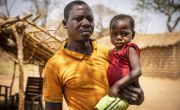
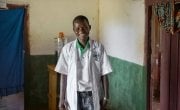
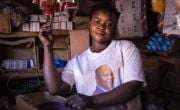
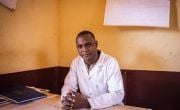
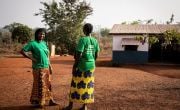
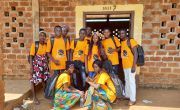
How we're helping Central African Republic
We're working hard to alleviate suffering and build resilience for conflict affected communities in Central African Republic.
Latest news from Central African Republic

Other ways to help
Corporate support
Is your company interested in working together for a common cause?
Fundraise for Concern
From mountain trekking to marathon running, cake sales to table quizzes, there are lots of ways you can support our work.
Buy a gift
With an extensive range of alternative gifts, we have something to suit everybody.
Leave a gift in your will
Leave the world a better place with a life-changing legacy.
Volunteer with Concern
The lots of ways to get involved with our work as a volunteer
School fundraising
Without the generous support from schools, we wouldn't be able to do the work that we do.





